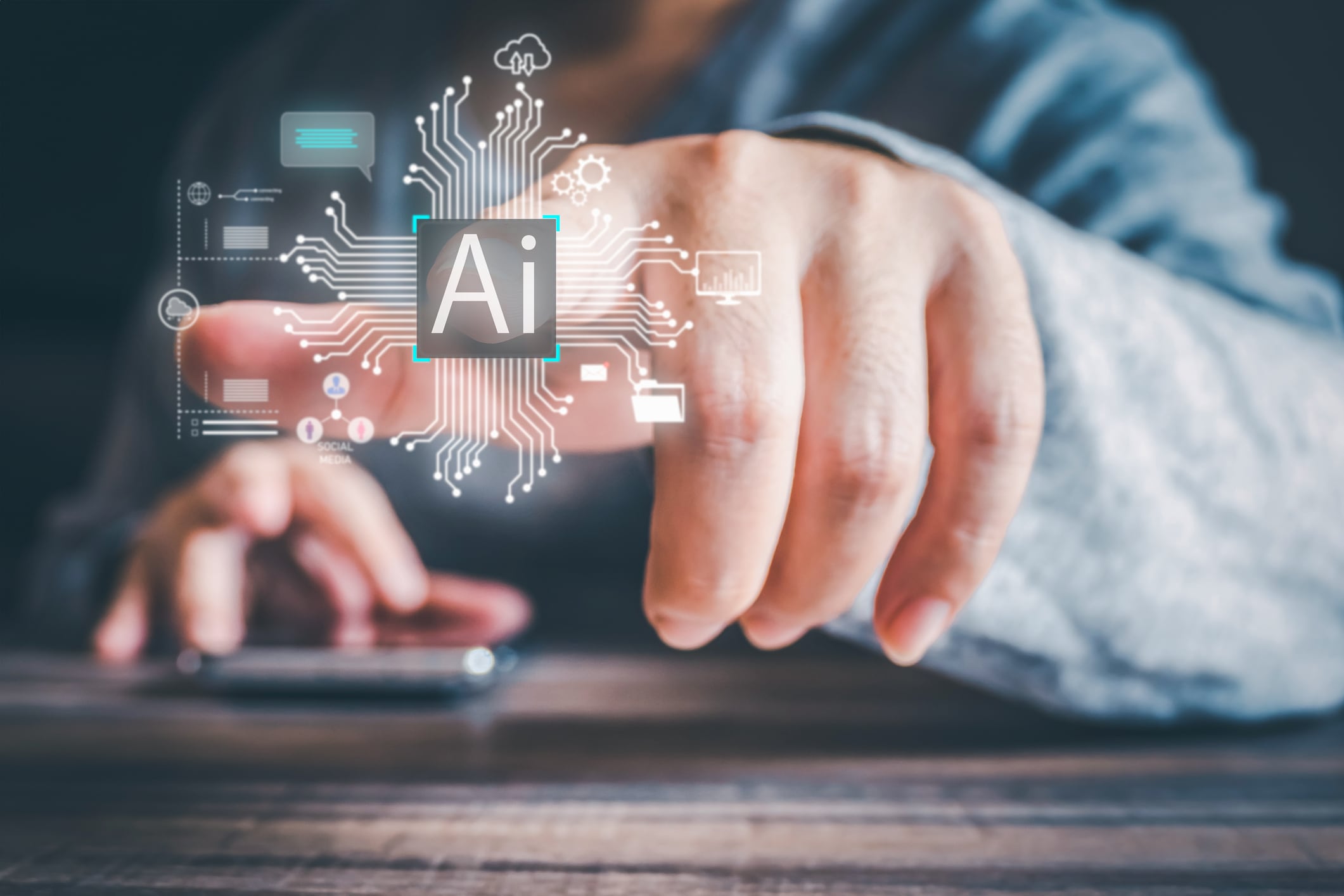Agentic AI is a new type of artificial intelligence that acts autonomously. While it is still being rolled out and trialled, the technology is an exciting new era for AI that could help ensure people remain the forefront of hospitality.
Unlike previous AI models, agentic AI sits across systems that already exist and analyses available data to provide insights that could help drive productivity and boost footfall.
The primary difference between this type of AI and ChatGPT, for example, lies in its approach to task execution.
Traditional AI requires human oversight and specific instructions to perform tasks while agentic AI has been designed to be more independent.
It is capable of planning, making decisions, and executing tasks with minimal human intervention, freeing up time for hospitality teams to do what they do best; focus on people.
Providing great experiences
Ben Dixon, co-founder of workforce management platform SONA told, The Morning Advertiser (The MA): “The more managers and team members can offload onto technology like this, the more time they can spend focusing on providing great experiences.
He said: “A computer can do rostering or stock management, but it absolutely can’t provide or a sense of community.
“Agentic AI agents work behind the scenes and pull together all the information that’s needed to work out what the best course of action is.
“This allows people working in hospitality to spend less time in front of the computer and more time focusing on providing great hospitality, which, for a lot of people, is why they got into hospitality in the first place.”
One example of the benefits agentic AI agents can provide is analysing sales data to suggest promotional strategies. It can also generate rotas, suggest adequate staffing levels per shift, and even flag when an employee might be overdue for review or time off.
External influences can also be within its reach. For instance, if there’s a big movie release at a cinema near a pub — an agentic AI agent could anticipate a surge in footfall and alert the operator to bring in more staff.
Likewise, it can help reduce food waste by tracking what items are most often thrown out and recommend supplier changes based on pricing and availability.

Dixon described agentic AI as “end-to-end operational efficiency — like putting together a Tetris puzzle".
“It’s about doing a lot more with a lot less”, he said.
“Over the past 10 years, there’s been so many investments in systems within hospitality and so there is all this data available. Agentic AI can sit across all of that data and integrate with all of these systems.
“Instead of giving you more and more information, it gives you actual actions you can take to drive efficiency in your business.”
However, as agentic AI itself is still in its infancy, the co-founder urged operators to make sure they own the data being assessed by agents to ensure they reap the rewards.
“The data is the thing that is most important to businesses in terms of being able to get value from these tools. So it’s incredibly important everyone has a strategy to make sure they own and control their data and do what they want with it.
In-venue impact
“The other thing to be cautious of is not getting overwhelmed. This stuff is only just going from theoretically possible to now really possible. There’s a new agentic AI company every single day, and lots of them are good.
“So, there’s this temptation to try 20 of them, but organisations just can’t handle that much change. It is important to be focused on where it can really drive value on one or two things and not trying to unleash a fleet of agents all in”, he advised.
The tech wizard also noted costs associated with agentic AI typically rise slowly in stages: “[The cost] varies with the type of the tech operators want to use, but increasingly systems come with newer technology sort of baked in, so it’s generally a percentage on top of what you pay for their existing system, rather than the cost of two or three new systems.
“It’s an incremental cost rather than suddenly doubling what you’re spending on IT and tech.”
Though still emerging, it seems agentic AI is shaping up to be a vital tool for hospitality. And as more venues begin to harness it in the coming months, its potential to unlock better performance, happier teams and stronger guest experiences could become impossible to ignore.
Dixon added: “[This technology] has only just become possible. I don’t believe there are any case studies for any vendor in the world for this at the moment. Over the next six to nine months, we will see the real in-venue impact this has as more data becomes available.”





